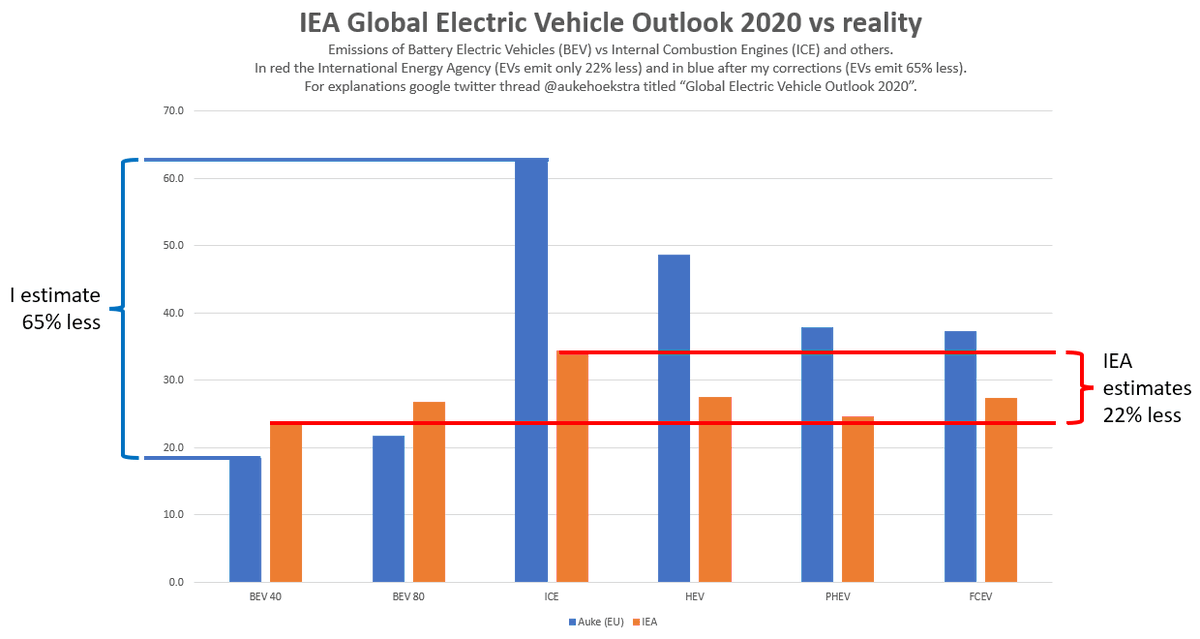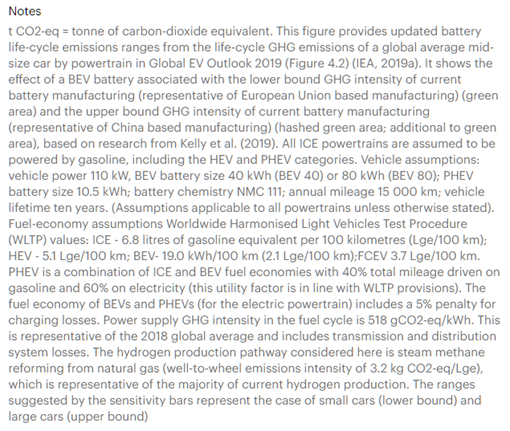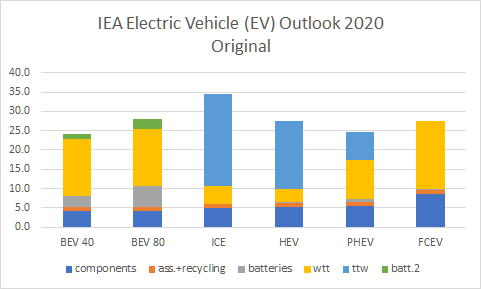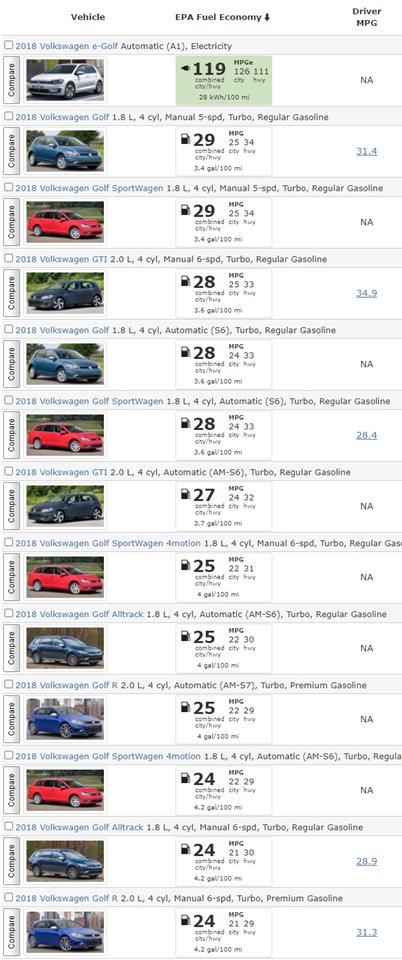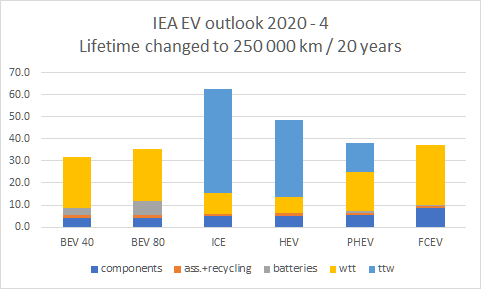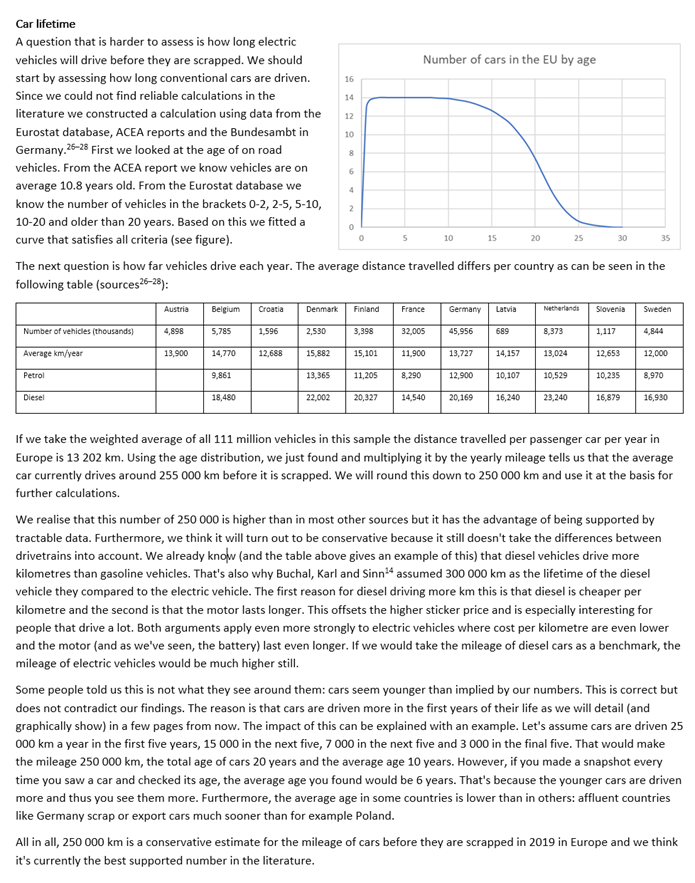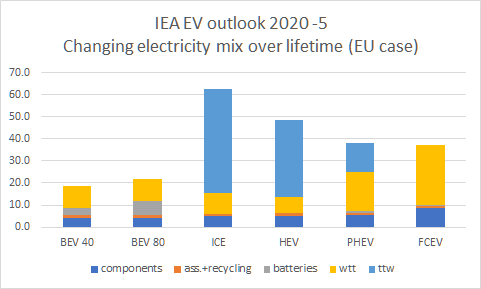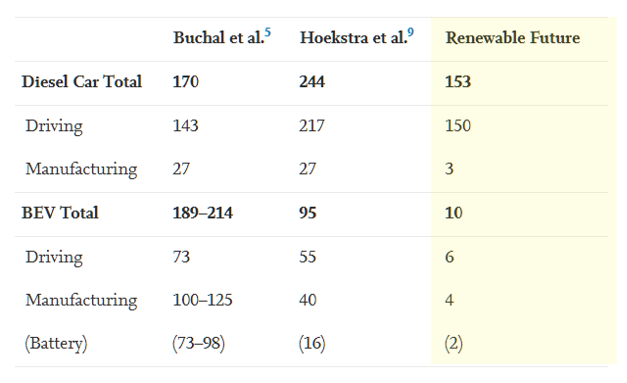Just looked at the @IEA "Global Electric Vehicle Outlook 2020" and saw their assumptions on emissions are skewed against electric vehicles (see picture).
IEA assumes 22% less emissions by EVs.
Reality is closer to 65% (esp. in the EU).
Let me show you (thread).
IEA assumes 22% less emissions by EVs.
Reality is closer to 65% (esp. in the EU).
Let me show you (thread).
I research electric vehicles and the energy transition at the @TUeindhoven and recently I initiated http://NEONresearch.nl .
I wrote an article on how to correctly calculate electric vehicle emissions in @CellPressNews Joule: https://www.sciencedirect.com/science/article/pii/S2542435119302715
I wrote an article on how to correctly calculate electric vehicle emissions in @CellPressNews Joule: https://www.sciencedirect.com/science/article/pii/S2542435119302715
Some of my previous 'debunks' can be found here: https://www.avere.org/our-communication-and-myth-debunking/
But there is dozens by now. Also Hans Werner Sinn, Fraunhofer, ADAC, OAMTC and Stahl to name a few.
I do this because I can't stand all the bad info on electric vehicles that's out there.
Here we go!
But there is dozens by now. Also Hans Werner Sinn, Fraunhofer, ADAC, OAMTC and Stahl to name a few.
I do this because I can't stand all the bad info on electric vehicles that's out there.
Here we go!
First I took the numbers of the @IEA report ( https://www.iea.org/reports/global-ev-outlook-2020) and replicated them in Excel.
The IEA says the emissions for the production of batteries are between 65 kg CO2eq per kWh of battery and 100 kg CO2eq per kWh. I averaged that to 82.5 kg. Doesn't change much but looks a bit cleaner I think.
1st correction: replacing WLTP numbers by EPA numbers for a frugal VW Golf.
The US has independent measurements for energy use that are realistic. The EU keeps coming back with BS measurements paid for by manufacturers.
We must use realistic and independent measurements!
The US has independent measurements for energy use that are realistic. The EU keeps coming back with BS measurements paid for by manufacturers.
We must use realistic and independent measurements!
2nd correction: change lifetime from 150 000 km and ten years to 250 000 km and 20 years.
I have studied literally dozens of reports that use 150 000 km / 10 years and NONE have a good source.
But the AVERAGE age in the EU is 10.8 years!
See picture for more explanation.
I have studied literally dozens of reports that use 150 000 km / 10 years and NONE have a good source.
But the AVERAGE age in the EU is 10.8 years!
See picture for more explanation.
3rd correction: include the changing electricity mix over the lifetime.
During the 20 years it is driven the EV will become cleaner as the grid gets cleaner. I don't have global values but I do have EU estimates. I used those and I added 5% distribution losses.
During the 20 years it is driven the EV will become cleaner as the grid gets cleaner. I don't have global values but I do have EU estimates. I used those and I added 5% distribution losses.
As you can see the advantage of BEVs in the EU is enormous: they emit about 1/3rd. See also this handy tool (that used my input) that can compare for all EU countries. https://www.transportenvironment.org/news/how-clean-are-electric-cars
Of course the advantages of EVs will continue to grow as the electricity mix becomes cleaner and don't forget that mining and manufacturing can also be done with clean energy. In the end the CO2 emissions of electric vehicles can become minimal. https://www.sciencedirect.com/science/article/pii/S2542435119302715
Usual caveat: walking and biking is better for the environment and sharing vehicles takes less resources and makes the city spacious, healthy and safe. So everybody an electric SUV is not the optimal solution for the planet. But CO2 emissions could still become low.
To conclude: I increased the advantage of EVs from 22% in the @IEA study to 65% (3x better) by:
Taking realistic energy use.
Taking realistic lifetime.
Taking electricity mix improvements over the lifetime (European case).
Taking realistic energy use.
Taking realistic lifetime.
Taking electricity mix improvements over the lifetime (European case).
Shout out to @Peters_Glen who gently nudged my to do this thread after sharing his own misgivings: https://twitter.com/Peters_Glen/status/1295258753592328192, @thatsamoray and @gnievchenko who started me thinking on lifetime.
Heads up @ramez, @MLiebreich, @M_Steinbuch, @Sustainable2050, @hausfath, @dpaessler.
Heads up @ramez, @MLiebreich, @M_Steinbuch, @Sustainable2050, @hausfath, @dpaessler.

 Read on Twitter
Read on Twitter